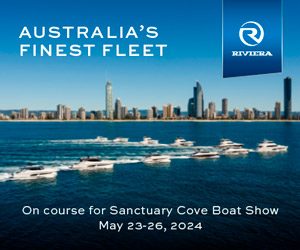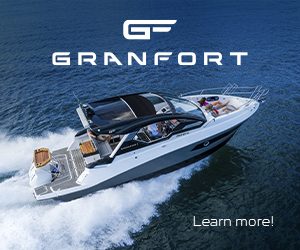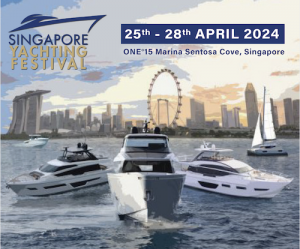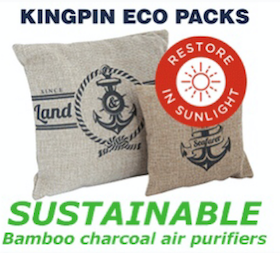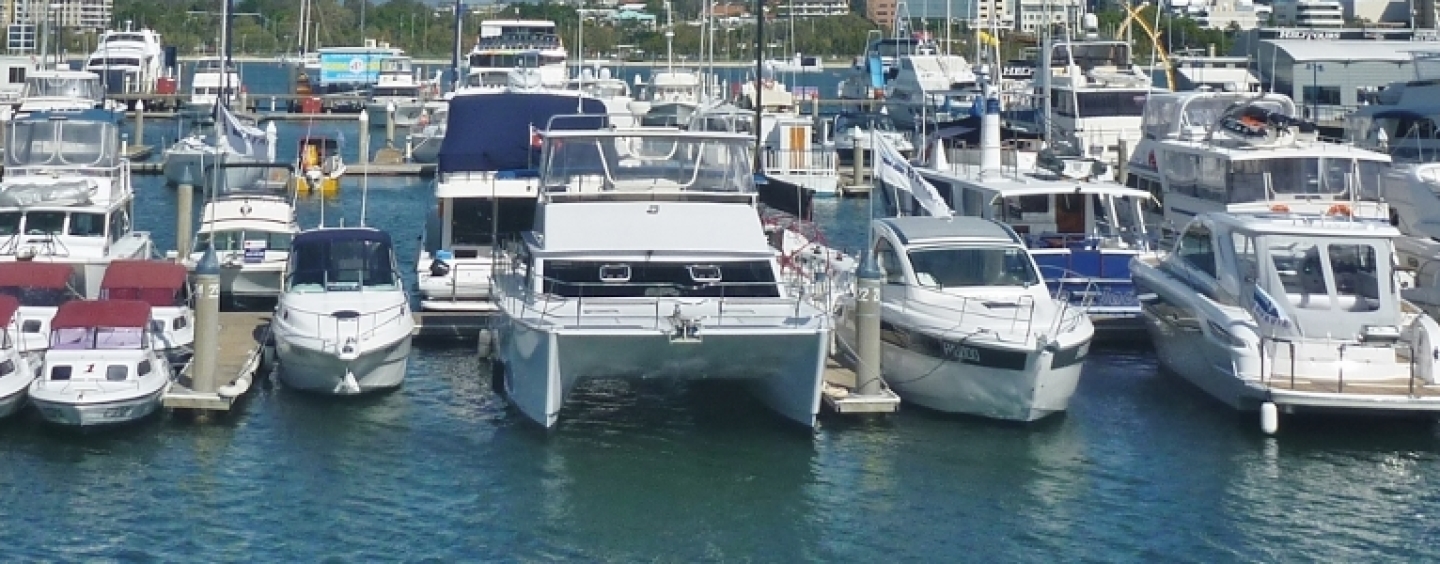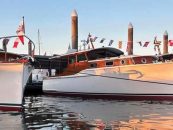What is the right kind of marine insurance for you?
Like many things maritime, insurance for vessels is not straightforward. There are essentially two different regimes that might apply to the insurance for your vessel depending upon whether your vessel is a recreational vessel registered under Queensland Law or registered as a domestic commercial vessel (DCV) under the National Law administered from Canberra. The ‘seascape’ has been complicated further by the creation of the ‘Queensland regulated ship’ (QRS) by amendments to Queensland’s marine safety legislation in early 2016.
The ICA
Generally speaking, if your vessel is registered under State law as a recreational vessel or is not required to be registered at all, then any insurance policy you purchase is going to be made under the Insurance Contracts Act 1984 (Cth) (ICA).
The ICA is a consumer-friendly piece of legislation that attempts to strike a fair balance between the interests of insurers, insured and other members of the public. Importantly, the Australian Securities and Investment Commission (ASIC) has powers to supervise the handling of complaints and disputes in relation to ICA contracts of marine insurance. For most people, a contract of marine insurance under the ICA operates in a very familiar way, just like a contract of insurance for your car or for the contents of your house.
The MIA
By contrast, an insurance policy for a DCV is issued under the Marine Insurance Act 1909 (Cth) (MIA). The MIA regime is quite the opposite of consumer friendly. Such contracts impose strict obligations on owners of vessels known as warranties. Such warranties must be strictly complied with, whether the warranty is relevant to the loss that happens or not. If the warranty is not strictly complied with, then the insurer does not have to pay on a claim.
Perhaps the most important warranty given by a vessel owner to their insurer is that their vessel is seaworthy. Seaworthiness is a very broad concept and includes matters such as the suitability of the vessel for the intended voyage, the integrity of the hull, fitness of the equipment and the competency and number of crew, among other things. If any of those matters are deficient in any way, regardless of whether that deficiency caused the loss or not, then the insurer does not have to pay on a claim.
To illustrate, if the port-hand side light of a vessel is not functioning, there is a clear breach of the seaworthiness warranty. If a collision occurs in broad daylight, and the port-hand sidelight has nothing to do with the cause of the collision, still the insurer does not have to pay because the seaworthiness warranty has not been complied with.
What if I use my vessel occasionally for other than recreational purposes?
This is where it gets interesting. The ICA regime permits the minor, infrequent or irregular use of a “pleasure craft” (defined as a ship that is used or intended to be used wholly for recreational activities, sporting activities, or both; and otherwise than for reward) for other than recreational activities. In other words, if you use your recreational vessel occasionally for commercial purposes (such as filming a TV advertisement perhaps), then that should not bring your vessel under the MIA regime. It is, of course, important to notify your insurer if you use your vessel for other than recreational purposes because of your ongoing obligation to make disclosure. There may also be other issues arising that might make the Australian Maritime Safety Authority (AMSA) consider your vessel to be a DCV.
But for insurance purposes, this means that some vessels that would ordinarily fall under the MIA regime and be subject to warranties may, in some circumstances, instead continue to be insured under the more consumer-friendly ICA regime.
The QRS
The creation of the third category of ships in Queensland, the QRS, is to cover those vessels that are neither purely for recreational use yet they are also not DCVs. Examples include vessels owned by schools and surf life-saving associations. There is an important legal question that has yet to be decided about whether the insurance for QRS should be written under the ICA regime or the MIA regime, given there is now a firm legal foundation for the use of some vessels for some kind of commercial activity. Given the consumer friendliness of the ICA, owners of QRSs will naturally prefer their QRS be covered under the ICA, but depending upon the circumstances, the commercial use of the vessel may not be occasional or infrequent, and so will trigger the application of the MIA.
This question will ultimately fall to be decided by the courts. In the meantime, specialist maritime law advice should be obtained if you are in any doubt, because getting the wrong kind of insurance policy can prove very costly indeed.
By Capt John Kavanagh AFNI MQLS


